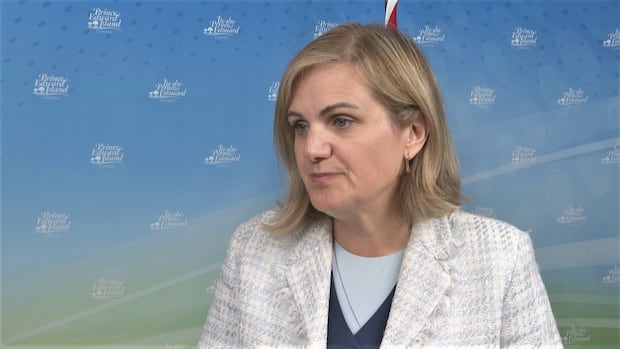In an era of strained healthcare budgets and mounting pressure on medical services, Health PEI’s decision to shell out millions on private contractors has sparked intense debate across the province. Recent financial disclosures reveal the health authority spent a staggering $8.1 million on just four interim executive positions over a five-year period—a figure that has both opposition politicians and healthcare advocates questioning the allocation of precious healthcare dollars.
The four temporary leadership roles, filled between 2019 and 2024, came with price tags that dwarf the typical salaries for permanent executives. While permanent Health PEI executives earn between $142,000 and $187,000 annually, some contractors received compensation packages worth up to $2.1 million for comparable periods of service.
“This isn’t just about numbers on a spreadsheet—it’s about accountability for every healthcare dollar when Islanders are waiting months or even years for essential services,” said Green Party health critic Michele Beaton during a recent legislative session. Beaton has been particularly vocal in challenging Health Minister Mark McLane to justify these expenditures in the context of ongoing staffing shortages across the healthcare system.
The financial details, obtained through freedom of information requests, paint a concerning picture. One interim CEO position cost taxpayers $2.1 million over 30 months—more than double what a permanent hire would have commanded. An interim chief operating officer position carried a $2.4 million price tag over 39 months, while an interim chief nursing officer role cost $1.3 million for 36 months of service.
Health Minister McLane has defended the spending, arguing that these contractors filled critical leadership gaps during challenging periods. “We were facing unprecedented circumstances with the pandemic and significant recruiting challenges,” McLane explained during question period. “These positions couldn’t remain vacant while we searched for permanent candidates.”
Yet questions persist about the procurement process that led to these contracts. Opposition members have pressed for details on whether competitive bidding processes were followed and what metrics were used to evaluate the performance of these high-priced interim leaders.
Healthcare policy expert Dr. Rachel Thompson from the University of Prince Edward Island notes that while temporary executive solutions sometimes become necessary, the extended timeline raises red flags. “When ‘interim’ positions stretch into years rather than months, it suggests systemic issues with recruitment and retention that need addressing at a more fundamental level,” Thompson told CO24 News.
The controversy comes at a particularly sensitive time for healthcare in Canada, as provinces struggle with post-pandemic recovery, staffing shortages, and growing wait times. On PEI, where many residents lack access to primary care providers, the optics of spending millions on temporary executives has struck a nerve with the public.
Health PEI’s board chair, Derek Key, acknowledges the concerns but stands by the decisions. “We’re committed to finding permanent solutions, but in the meantime, the system needs leadership. The contractors we engaged brought specialized expertise during critical transitions,” Key stated in a written response to media inquiries.
The province has recently succeeded in filling some of these positions permanently, including the CEO role now occupied by Dr. Michael Gardam. However, the financial impact of the interim contracts will continue to reverberate through Health PEI’s budget for years to come.
As this issue unfolds in the provincial legislature, it raises profound questions about healthcare priorities and fiscal management. In a province where every healthcare dollar is scrutinized, have these expensive contractor arrangements delivered value commensurate with their costs, or do they represent a concerning pattern of financial management that diverts resources from frontline care?










